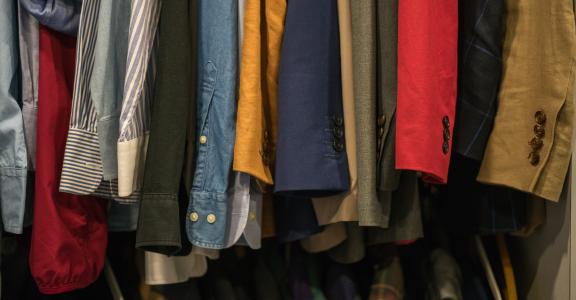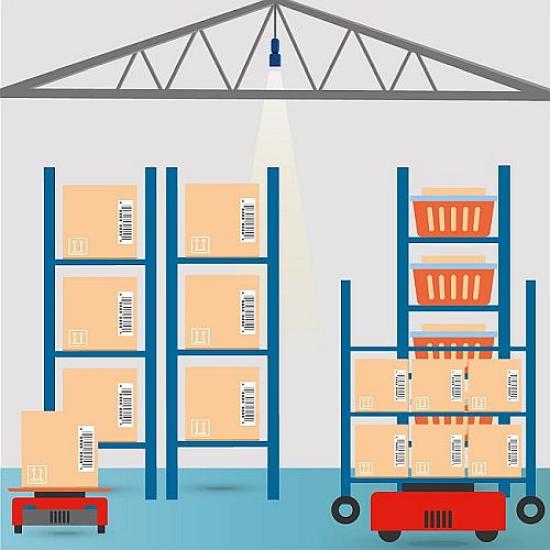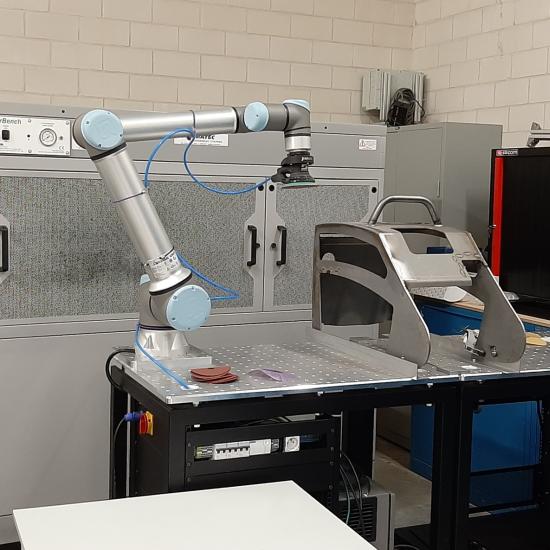The main activities of Kringloopcentrum Zuid-West-Vlaanderen are collection, sorting and sale of second-hand goods. Besides six second-hand shops in the region, the non-profit organisation Kringloopcentrum Zuid-West-Vlaanderen houses its central services in Heule near Kortrijk, where clothes are sorted.
Increasing supply of textiles
In the future, the textile department at Kringloopcentrum will collect more goods because there are more collection points on the public domain. Every day, about 5 tons of textiles are processed. The best items are sold in our own shops or are temporarily stored. The items which are not good enough to be sold (the ‘rejected fraction’) were until recently put in bags, tied up and thrown in a pile for later collection by external sorting companies for further recycling. All actions had to be done manually, often not properly grouped together (causing a lot of walking back and forth) and not adequately structured. In order to continue to cope with the growing influx with the same number of employees, reduce the physical and psychological load on the employees and integrate individual quality control, the intelligent automation of the material flow became a necessity.
Double intervention
The centre wanted to focus on two (complementary) tracks: improving the entire processing chain, automating the supply of textiles, and automating the manipulation of the rejected fraction. they wanted to tilt the bags from the lorries onto conveyor belts that would ensure automatic supply. The system must be flexible enough to respond, in the future, to alternative supply or further-reaching sorting. For the rejected fraction, Kringloopcentrum thought of a machine that automatically groups, compresses, packs and prepares the goods for disposal.
In collaboration with Xiak, Kortrijk's industrial automation expertise centre, the sorting process was studied with an eye to automation of the flow. In collaboration with Sirris, a test module was designed for automated packaging of the fraction to be removed and adjusted. By now, the solutions have been implemented and optimised where found necessary.
Expected results
Kringloopcentrum wants to be able to process the planned growth in volume with the same number of people, reduce absenteeism due to illness, respond flexibly to changes in supply and/or (sorting) demand and spread employment, regardless of seasonal peaks, by better stock management and automated buffering. Abolishing all lifting work should enable a broader range of tasks, for example for people with physical disabilities. Finally, the individual training, guidance and follow-up of the target group employees can be improved.
The developments are also interesting for other recycling centres dealing with textile sorting, and also outside this sector, where there is a need for automated packaging of textile.



